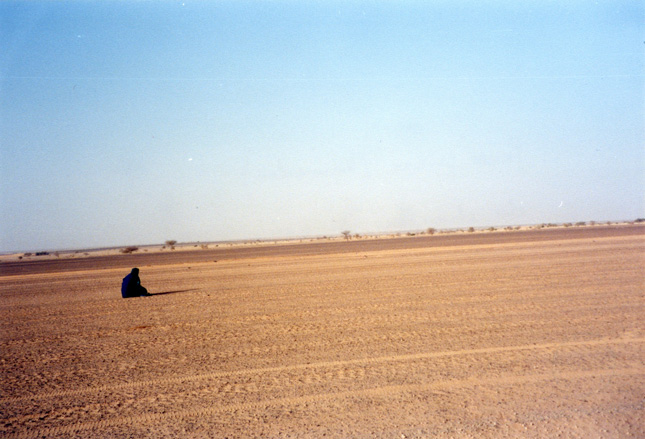-
Somini Sengupta, The New York Times
Heat, Hunger, War Force Africans Onto a “Road on Fire”
December 16, 2016 By Wilson Center Staff
AGADEZ, Niger — The world dismisses them as economic migrants. The law treats them as criminals who show up at a nation’s borders uninvited. Prayers alone protect them on the journey across the merciless Sahara.
But peel back the layers of their stories and you find a complex bundle of trouble and want that prompts the men and boys of West Africa to leave home, endure beatings and bribes, board a smuggler’s pickup truck and try to make a living far, far away.
They do it because the rains have become so fickle, the days measurably hotter, the droughts more frequent and more fierce, making it impossible to grow enough food on their land. Some go to the cities first, only to find jobs are scarce. Some come from countries ruled by dictators, like Gambia, whose longtime ruler recently refused to accept the results of an election he lost. Others come from countries crawling with jihadists, like Mali.
In Agadez, a fabled gateway town of sand and hustle through which hundreds of thousands exit the Sahel on their way abroad, I met dozens of them. One was Bori Bokoum, 21, from a village in the Mopti region of Mali. Fighters for Al Qaeda clash with government forces in the area, one of many reasons making a living had become much harder than in his father’s time.
Continue reading on The New York Times.
Sources: The New York Times.
Photo Credit: Mali, courtesy of flickr user JeanneMenjoulet&Cie.
Topics: adaptation, Africa, agriculture, Algeria, climate change, conflict, economics, environment, Europe, extreme weather, food security, Libya, livelihoods, Mali, migration, Niger, security, water, youth
 A Publication of the Stimson Center.
A Publication of the Stimson Center.






